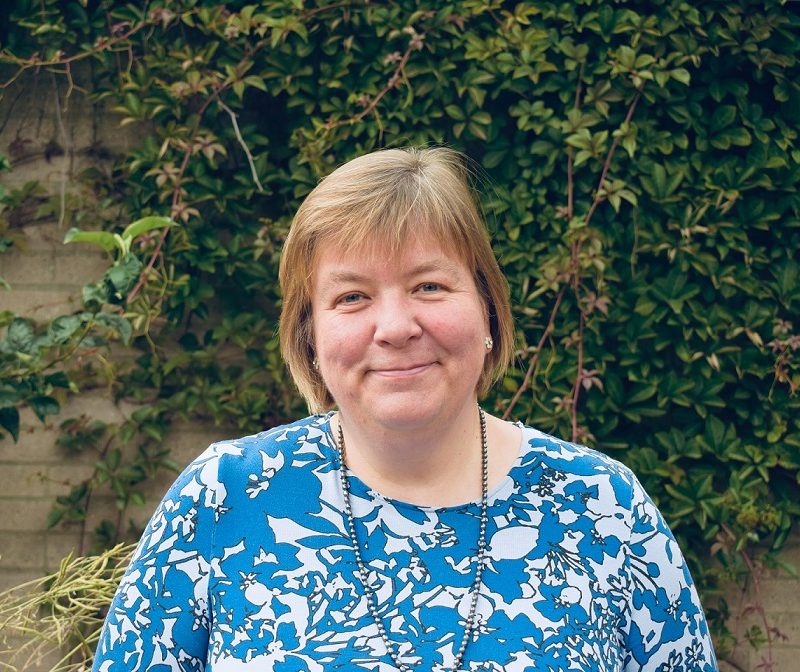
What is Supported Employment?
Supported employment services help disabled people to move towards or return to employment of their choice. Supported employment services might include job search; confidence building; CV or interview preparation; volunteering placements; planning for or delivering in-work assistance; and helping employers to make reasonable adjustments for disabled people.
How is disability defined?
Under the Equality Act 2010, you are disabled if you have a physical or mental impairment that has a ‘substantial’ and ‘long-term’ negative effect on your ability to do normal daily activities. ‘Substantial’ means more than minor, so for example it takes much longer for you to complete a task like getting dressed than it usually would. ‘Long-term’ means more than 12 months, so for example a permanent breathing condition that develops as a result of a lung infection. There are four categories of disability: physical health, mental health, learning disability and sensory.
Why is the social model of disability important?
Disabled people developed the social model of disability because the previous medical model did not describe their personal experience of disability or facilitate more inclusive ways of living. The social model of disability views disability as being caused by the way society is organised, rather than by a person’s impairment or difference and the focus is upon removing barriers that restrict life choices for disabled people. When such barriers are removed, disabled people can be independent and equal in society, with choice and control over their own lives.
Why do disabled people need supported employment services?
There is strong evidence to show that work is good for both physical and mental health and wellbeing but disabled people find it harder to access the job market; the charity Scope found that disabled people need to apply for 60 per cent more jobs than non-disabled jobseekers before they find work. Additionally, Trust for London figures show that 37% of disabled people are in low paid work compared with 27% of non-disabled people (regardless of their level of education and whether they work full or part time). Disabled people can have both reduced capacity to work and face higher costs but supported employment can reduce barriers to employment.
Why do organisations offering supported employment services need a network?
Lauren Tobias CEO, Volunteer Centre Hackney and Chair of the Network explains: “Having support needs – whether this is a mental health issue, learning disability or a long term physical health condition – can present huge barriers to people finding and maintaining paid work. Charities across City and Hackney that provide support to help people progress in this journey, can often provide this on a long term basis – sometimes up to two or three years; but often they are doing this work in silos, on limited funding, to help people achieve their personal goals. Our Supported Employment Network is the opportunity for charities to share resources, to work closer with statutory provision, to open up routes to employers.”
The network was established in 2017 following an Appreciative Inquiry event that asked: “What would an excellent support and sustained employment pathway look like for you or your client group?” The original aim of the network was to improve disabled peoples’ choice of career opportunities and sustainable jobs. To achieve this disabled people need both a clear offer of employment support which meets their needs and effective partnership working that creates a seamless experience across different providers.
How are disabled people involved in the Network’s activity?
Supported employment organisations try to work from the principle of “nothing about us without us” i.e. that disabled people should be involved in co-producing the types of support they are offered. The Network plans to develop user-led research about what makes a supported employment service effective from a user perspective.
What is the Network doing in the next few months?
The Network holds regular structured meetings to try to solve mutual problems and works proactively on identified priorities. Miranda Coates comments: “Over the next few months we will be working on building better understanding of referral routes and identifying gaps in provision; offering best practice training in Access to Work funding; increasing employer engagement by promoting the Disability Confident Scheme; and looking for funding opportunities to support joint working.”
How can my organisation join the Supported Employment Network?
Contact Miranda Coates, Supported Employment Network Programme Manager: miranda@hcvs.org.uk